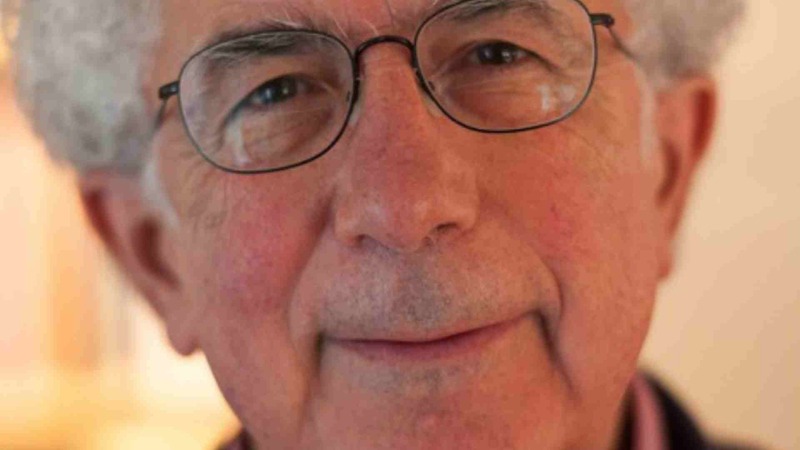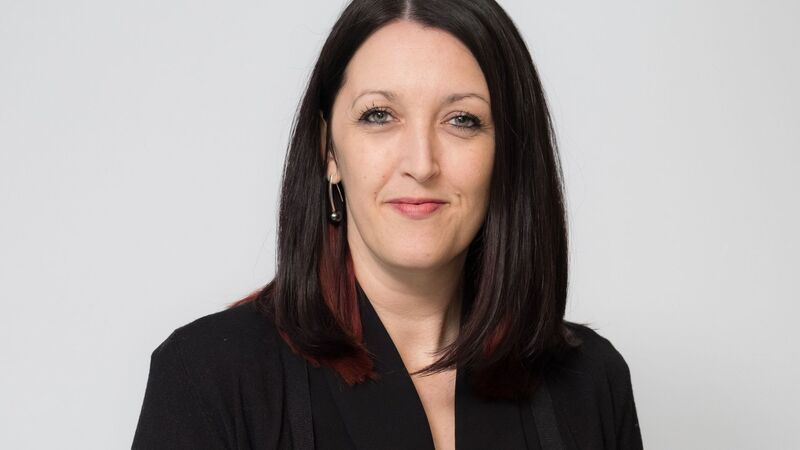You are viewing your 1 free article this month. Login to read more articles.
McInerney says women's prizes are 'liberating'
Lisa McInerney, winner of the 2016 Baileys Women’s Prize for Fiction, has said feedback characterising her work as “male” illustrates why literature prizes for women like the Baileys are “conversely but conclusively liberating”.
McInerney told the The Bookseller she found the "gendering" of her work by some readers “ridiculous", and asked "why shouldn't you write edgy or difficult things just because you're female?”
Her blackly funny award-winning novel, The Glorious Heresies (John Murray), is set in Cork’s seedy underworld and has been described as a “brave choice of a winner” by booksellers. Its plot begins with the hapless murder of an intruder by a grandmother, using a religious icon for a weapon, that requires a clean-up job from her newly rediscovered gangster son.
"Quite a few people said, 'your novel is so male’,” McInerney told The Bookseller. "I was like, how could this novel be male? It's got female characters and really female issues - there's pregnancy and abortion and all these specifically female things. I think it must be because it's quite edgy, or because there's a lot of swear words in it or something. I don't know what it is, but people automatically equate that as male, which I think is ridiculous, because why would you gender a book?
"All this I didn't like - and I got a feeling people thought it was a compliment, which I don't agree with at all, I genuinely don't. Because why shouldn't you write edgy or difficult things just because your female? Why should be people expect you not to?"
McInerney explained in her award-winning blog The Arse End of Ireland that the Baileys Prize was helpful because there is a “danger” for writers to be defined by their differences if they're not the white, straight, middle-class and male “default”. A women’s-only prize “gives us a roadmap for a space where books by women writers exist as part of a sweeping, chaotic and beautiful literary landscape, where they are allowed to just be, and so its parameters are conversely but conclusively liberating," she said.
McInerney added: "Compartmentalisation may seem like a daft response to this, like bending to the wind rather than standing up to it, but it has its own rewards. A writer who is nominated for a restricted literary prize may find it rather freeing, because when those features that don’t conform to the default are taken for granted, the writer’s work is examined on its own merits rather than as a representation of a certain set of circumstances. With the Baileys, I am the default. I am a woman writer and no one is going to waste their time examining my book in the context of my gender: is it a domestic book, or is it a feminist work, or was it written by someone who can balance writing and motherhood, or, is it kind of strikingly male?”
Reflecting on the Year of Publishing Women, proposed by Kamilla Shamsie for 2018, McInerney added: "I feel from a writer's point of view, the problem for women writers is it's not so much getting published, it's the attention you get afterwards. Just publishing women is not necessarily going to address the weight that those books get given. I feel like the inequalities come afterwards."
McInerney’s own publishing journey has admittedly been a “smooth” one. She found an agent before she had even begun her novel after her short stories were published in Faber & Faber’s anthology Town and Country. After writing The Glorious Heresies it "found its home very quickly” at John Murray Press under her editor, publisher Mark Richards.
The author is now working on her second novel under contract that she says is “pretty much finished”. It will be set in the “same world” with some characters from Heresies likely to pop up again.

















